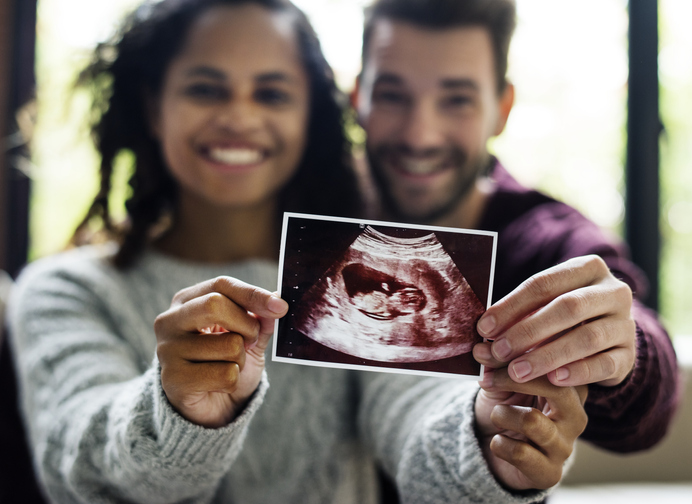Premature Birth Connected To Low Vitamin D and Progesterone Levels In Pregnancy
Good progesterone levels are essential for a healthy pregnancy and birth, but lacking this essential vitamin can have serious effects.

General benefits of vitamin D for women.
Vitamin D is an essential nutrient that maintains the body’s levels of calcium and regulates the efficiency of calcium absorption. This is essential as low bone mineral density leads a higher risk of fractures and later in life to osteoporosis and hip fracture.
Although supplementing with bioidentical progesterone is helpful for osteoporosis, as that is the hormone that builds bone, ensuring good vitamin D levels is vital too.
It is needed for bones and muscles, to support the immune system, fighting inflammation and may also help treat high blood pressure.
In the UK we get most of our Vitamin D from sunlight but it is estimated that more than half of the adult population have insufficient levels of vitamin D and that 16% have deficient levels during winter and spring.
Specific need for vitamin D in pregnancy
It was reported earlier this year that an urban Medical Center in the USA when taking records found that there was a 60% less risk of a premature birth among women with good vitamin D levels.
Previous research has shown that women who have low levels of vitamin D during pregnancy are more likely to go into labour early and give birth to premature babies.
Why it is a problem
The researchers found that vitamin D deficiency was most strongly related to preterm births with damage to the placenta caused by inflammation.
“Preterm birth is the most important problem in modern obstetrics,” said Hyagriv N. Simhan, M.D., Medical Director of Obstetrics and Director of Clinical Innovation at Pittsburgh School of Medicine.
”Preterm infants who survive are at risk of chronic lung disease, deafness, blindness or other visual impairment, and learning and cognitive disability.”
Premature births were cut by 30% after vitamin D levels were increased in pregnancy
Protecting against premature birth
Bioidentical progesterone has been shown to help with conception, healthy pregnancy and reducing premature births.
Supplementing with bioidentical progesterone will help, but increasing vitamin D levels naturally is tricky as there are not many sources.
Oily fish, including salmon, mackerel and trout contain the largest amounts of vitamin D3 along with cod liver oil and less in eggs. Oddly mushrooms are the best plant source of vitamin D and it is added to some foods too, including breakfast cereals, plant milks and fat spreads.
It is recommended that pregnant women should be supplemented with 600 IU/day of vitamin D3.
If you are going to supplement vitamin D, then it is best absorbed when used alongside magnesium and folic acid and there are specific supplements available that combine these.
Helpful information:
If you, or someone you know, is pregnant, then the following article will be helpful as it confirms how essential good progesterone levels are for helping prevent early miscarriage.


















